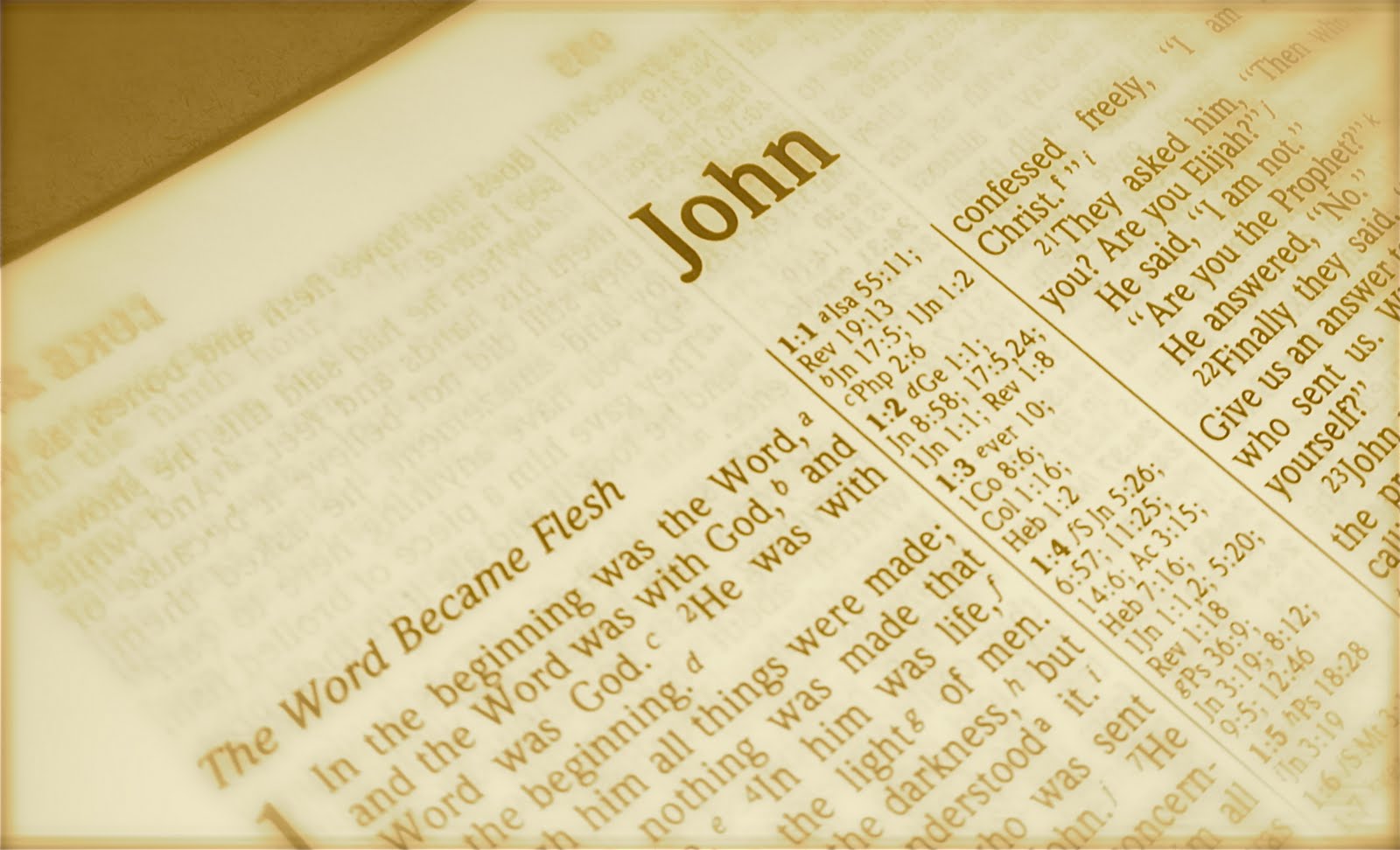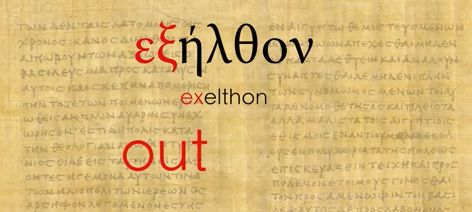|
Without a doubt,
the most recognized, memorized, repeated and beloved verse in all the Bible is John 3:16

The “full deity” of Christ and the entirely separate person of the Holy Spirit, were the two final steps in cementing the Trinity doctrine into its current position of dominance in mainstream Christian theology, and the two critical features in this story. 
1. Our first assignment will be a review of the Scriptural basis for the apostolic belief in one God and His Son. And there is much in the word of God for us to consider. 2. Next we will explore the biblical evidence for the Father and Son in type and antitype. 3. Then we will follow the historical support for this “doctrine of Christ” in the early church writings. Let us then begin by examining what Scripture records as the identity of God and His Son. Traditional ideas may differ, but we will let the Bible speak for itself.
Yes, there is abundant and clear scriptural evidence that God is the Father and Jesus is the Son of God the Father “in truth” 2John 1:3. Well, there’s one more. It was easily understood on the basis of His true Sonship, begotten from the Father, inheriting the very same divine nature of God. The crux of the issue (then and now) hinges on the definition of divinity. And this, again, must be defined by the words of the Bible, the word of God. Divinity: the Nature of God The Bible explains the nature of God in terms of His eternal existence and creative power. 
“The LORD is the everlasting God, the Creator of the ends of the earth” Isaiah 40:28 The realm of eternity is defined as that which exists before Earth’s creation. 
are the work of your hands. They will perish, but you remain” Ps. 102:24-26 “Known unto God are all things from the beginning of the world” Acts 15:18 God is eternal because He is immortal—He cannot die. 
God is also distinguished by His immutability—God does not change. “I am the LORD, I change not” Malachi 3:6 But, even though his divine nature does not change, his form did: from being “made so much better than the angels” (Heb 1:4) 
His “goings forth are from of old, from everlasting, 
Genesis 1:1 “In the beginning”. Reading right-to-left the Hebrew transliteration is B'rasheet bra Elohim. In-beginning created God. In Proverbs 8 the preposition b' is not present, only resheet. YHWY cannani rasheet. Yahweh possessed-me beginning. Cannani is the same word in Genesis 4:1 where Eve named her firstborn Cain, saying, “I have gotten a man,” cannah gotten or possessed. The Apostles accepted both the divinity of Christ and his eternal Sonship because he came forth from eternity. They did not question the truth of Christ’s equality with God the Father; but they did not make him equal to his Father. To do so would destroy the separate personalities and distinct identities of God and His Son. Jesus said to the Jews who objected to his healing on the Sabbath, “My Father works hitherto, and I work. Therefore the Jews sought the more to kill him, because he not only had broken the Sabbath, but said also that God was his Father, making himself equal with God.” John 5:17, 18. 
Of course a son has the very same nature as his father. Luke 11:24 The unclean spirit, when he has gone out of the man akatharton pneuma ____ exelthon John 8:42 for I came out and have come from God ego gar ek tou theou exelthon I-am indeed out of-the God i-have-come-out John 16:27 you have believed that I from God came forth / came out ______________ ‘oti ego para tou theou exelthon ___________ (tou patros "from the Father" in Wescott-Hort) John 16:28 I came out from the Father and have come into the world exelthon ek / para tou patros John 17:8 they…knew for sure that I came forth from you ________________ ‘oti para sou exelthon ________________ (that from you I came out) In fact, the most frequent appearance of exerchomai in the Gospels is the casting out of demons, from which we get the word exorcism. Matt 9:32,33 A dumb man possessed with a devil, and the devil was cast out Matt 12:28 Jesus cast out devils Matt 12:43 the unclean spirit goes out of a man Matt 17:18 Jesus rebuked the devil; and he departed out of him Mark 1:26 the unclean spirit came out of him Mark 5:8 Jesus said, Come out of the man thou unclean spirit Mark 7:30 the devil was gone out of her daughter Mark 9:25 Dumb and deaf spirit, I charge thee, come out of him Luke 4:33 When the devil had thrown him in the midst, he came out of him Luke 8:2 Mary called Magdalene, out of whom went seven devils Luke 8:29 He commanded the unclean spirit to come out of the man Luke 11:14 When the devil was gone out, the dumb man spoke Luke 11:24 When the unclean spirit is gone out of a man…he says, I will return to my house whence I came out Acts 16:18 Paul said to the spirit, in the name of Jesus Christ come out of her If the exerchomai/exelthon of the Son is merely leaving the Father’s side, then the exerchomai/exelthon of the unclean spirit is also simply leaving the possessed person’s side. But the demons came out (exerchomai) of the demoniacs and into (eiserchomai) the swine. They dwell within the person they possess which they call their “house.” Jesus spoke of this repeaatedly. John 8:42 the Son “proceeded forth” from his Father, he told the Pharisees. John 16:27 he “came out from God.” verse 28 he “came forth from the Father” he told the Disciples. John 17:8 “They surely believe that I came out from Thee,” he assured his Father. These last four texts use the same Greek word exerchomai which has in it the explicit preposition ex- meaning “out” as in “exit.” 
Most of the 23 times it occurs in the NT refer to coming out |